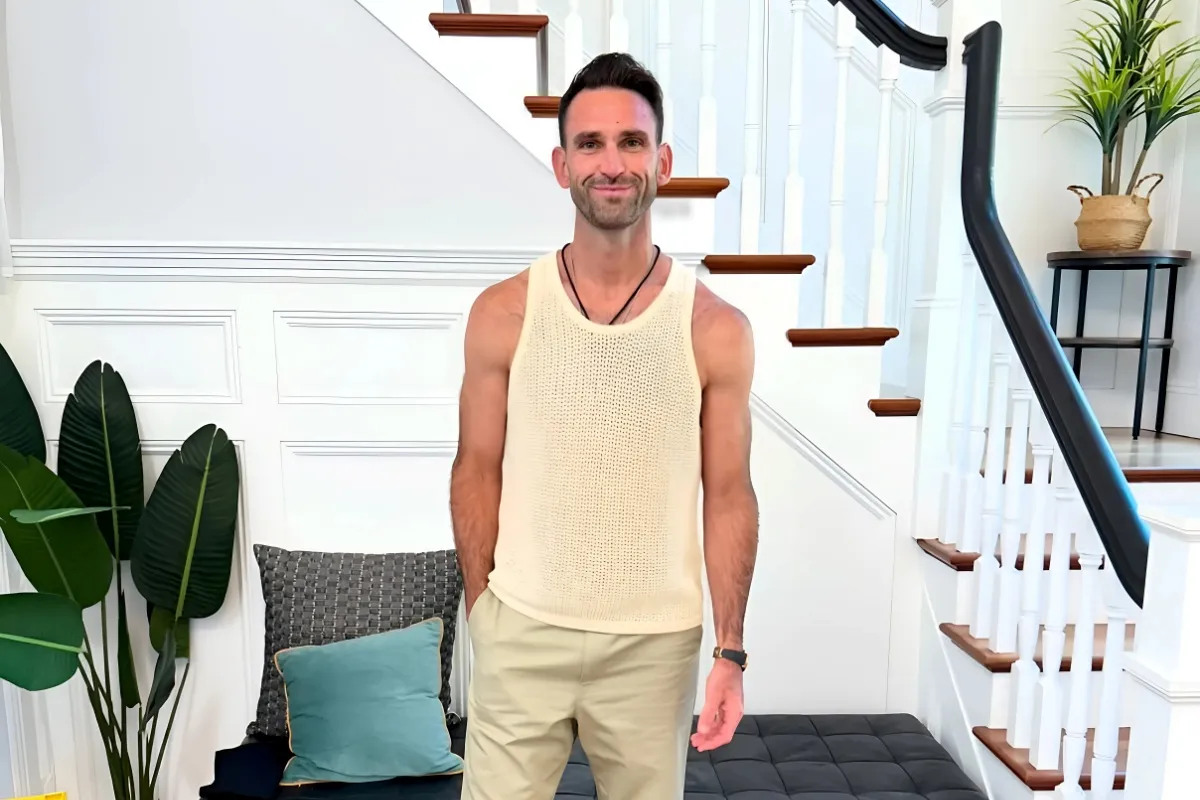
Caring for a loved one is one of life’s most profound challenges—a journey marked by resilience, sacrifice, and love. TV presenter Fiona Phillips recently opened up about her Alzheimer’s diagnosis and the toll it has taken on her marriage to former This Morning editor, Martin Friselle. In his memoir, Martin shares how his life has transformed as he navigates the demands of being a caregiver. Their story resonates deeply with many, as more and more families face the realities of caregiving for loved ones with debilitating conditions.
Colleen Nolan, a panelist on Loose Women, shared her own family’s struggles with caregiving. Her sister, Denise, cares full-time for her husband, Tom, who has Parkinson’s disease. For years, Denise also cared for their sister, Linda, creating an immense emotional and physical strain. While Denise approaches her role with unwavering commitment and love, her family worries about her well-being. In her 70s and battling significant health challenges, including severe arthritis, Denise is often overwhelmed. She receives little outside help, and the physical demands of caregiving, such as assisting Tom when he falls, often leave her calling for neighbors to step in.
Despite the hardships, Denise never complains. She sees caregiving as her role, something she does out of devotion to her husband. This selflessness is common among caregivers, yet it often comes at a personal cost. As Colleen noted, caregivers are rarely asked how they are feeling. The focus tends to be on the person receiving care, leaving the caregiver’s struggles invisible.
This sentiment was echoed by other Loose Women panelists. Many shared personal stories, including caring for parents with dementia or other illnesses. The emotional toll of watching a loved one decline is immense. As one panelist reflected on her mother’s battle with Alzheimer’s, she described the heartbreak of losing her mother years before her death. The disease robbed her of the vibrant woman who had raised eight children and cherished her grandchildren. Visiting her mother in her final years felt like mourning someone who was still alive—a sentiment many caregivers can relate to.
Yet, amidst the pain, there are moments of grace. One panelist described the joy of caring for her father during his final months, despite his declining health. Those moments of connection, laughter, and love reminded her of the privilege of giving back to the person who had cared for her for so many years. However, she acknowledged that her experience was not as all-encompassing as others who provide 24/7 care, which can be isolating and exhausting.
Another panelist shared the story of a friend whose husband has aphasia, a condition that affects communication and is a form of dementia. Like Bruce Willis, her friend’s husband has lost the ability to speak. This “locked-in” syndrome is particularly heartbreaking because it leaves the person unable to express themselves, further complicating the caregiving experience.
Geography also plays a significant role in caregiving. For those with loved ones nearby, providing care can feel more manageable. But for families separated by distance, the logistics add another layer of complexity. One panelist expressed gratitude for living close to her parents, allowing her to help without the strain of long commutes or extended absences from her own life. This proximity, she said, made it easier to view caregiving as a privilege rather than a burden.
The discussion on Loose Women highlighted an essential yet often overlooked truth: caregivers need care, too. Society tends to focus on the needs of those receiving care, but the emotional and physical toll on caregivers is immense. Simple acts of kindness—asking how a caregiver is feeling, offering practical help, or even just listening—can make a significant difference.
In the end, caregiving is a labor of love. It’s a role no one is truly prepared for, yet so many take on without hesitation. Whether it’s a spouse, parent, or sibling, the bond of love drives caregivers to do their best, even under the most challenging circumstances. But as the stories on Loose Women reveal, it’s a journey that no one should have to navigate alone. Supporting caregivers—acknowledging their sacrifices and ensuring they have the resources they need—is not just a kindness; it’s a necessity. After all, they are the unsung heroes holding families together in the face of life’s most difficult challenges.



